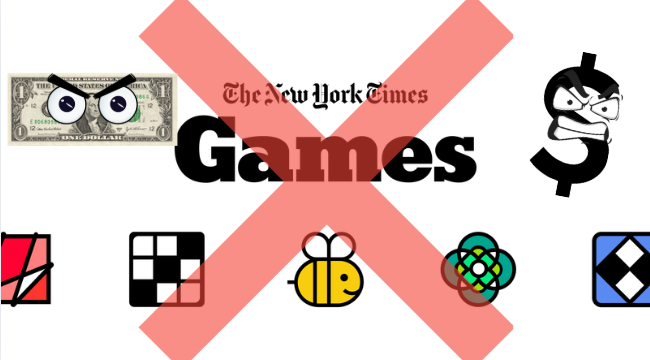Nothing in life comes for free; we must consider how much we spend on food, clothes, housing, bills, education, supplies, and so on. Money is a huge dictator in the way people can live their lives. It’s unethical how much money impacts people’s lives.
“Money fuels everything we do, whether it’s purchasing homes, cars, investing our money, buying things we like, doing things we like, traveling, without money you can’t do all of the things you want to do unless you have good financial stability, “ Business education teacher Kara Mielke said.
When you were a child, did you have big aspirations for what you wanted to do when you grew up? We can all relate to that experience. For some if not most of us, those aspirations were shoved away and forgotten, maybe because they were “too financially unrealistic” to fit into societal norms, but what if they weren’t?
Financial stability often dominates job considerations, forcing people to rank jobs that offer better pay over those that align with their passions. People are pressured into taking on roles that might not fulfill them because it doesn’t align with their financial needs. Does it make sense to have people pay the price of their happiness simply to be successful?
According to an article written by United Credit Union, a significant amount of people experience financial anxiety: an obsessive fear of anything related to money. Those who suffer from this disorder constantly worry about bills, debt, savings, etc. It can impact physical health by causing insomnia, loss of appetite, or inability to focus. It can even lead to mental health issues such as anxiety, depression, or a feeling of helplessness. It’s natural to be worried about your financial struggles but when that worry turns into obsession, you might be dealing with a true anxiety disorder.
Not only have we set up a system where people can easily find themselves on the path of failure, but there’s a contrasting phenomenon where some people- commonly known as nepotism babies- benefit from privilege and family connections. These individuals tend to have opportunities and advantages in their careers primarily due to the fact that they have family connections. It’s harder to compete in job markets as a regular person when some people have fewer barriers to finding the right attention.
It’s time we start prioritizing economic policies that support all individuals, ensuring that success is a possibility for everyone, while simultaneously breaking the barrier that prevents people from pursuing their ambitions and seeking their full potential. We are only given one life, so we might as well live it happily.









